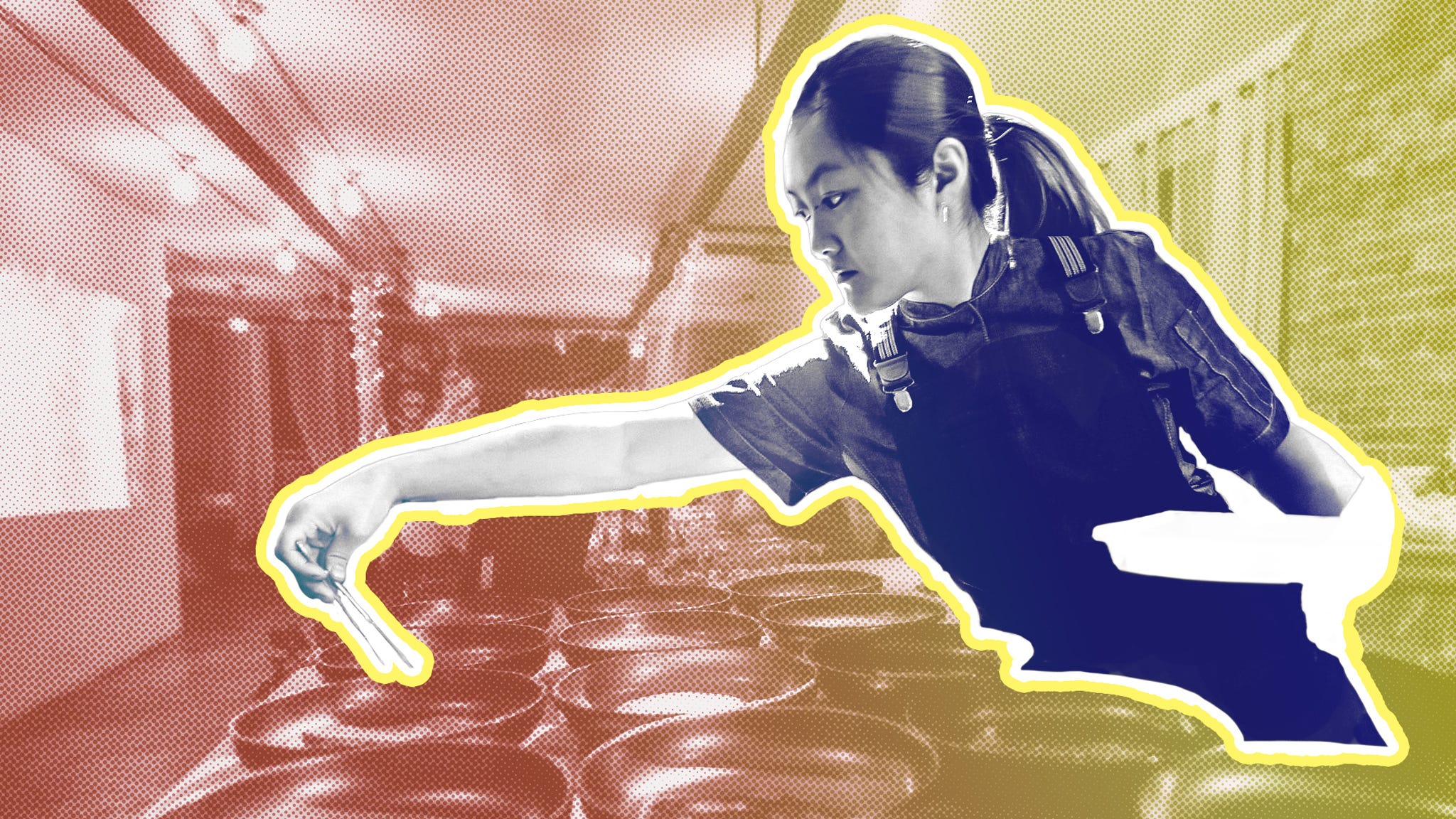A Chef Who Fuses Food and Performance Art to Challenge Bias
A Q&A with Jenny Dorsey on how she serves up some very tough questions.

From sketchy temp positions to a climate change-fighting scientist, we have published many stories over the years about how unique jobs have impacted people’s lives. One recent story that particularly caught readers’ attention is chef Jenny Dorsey’s article “Yes, This Meal Is Supposed To Make You Feel Uncomfortable.”
In this article, Dorsey writes about how growing up and through culinary school, people have made her feel that her family’s Chinese cuisine was somehow backward. We chatted with Dorsey about her writing, her non-profit Studio ATAO, and the work that she does to challenge prejudiced notions about food.
Keep reading with a 7-day free trial
Subscribe to Narratively to keep reading this post and get 7 days of free access to the full post archives.




